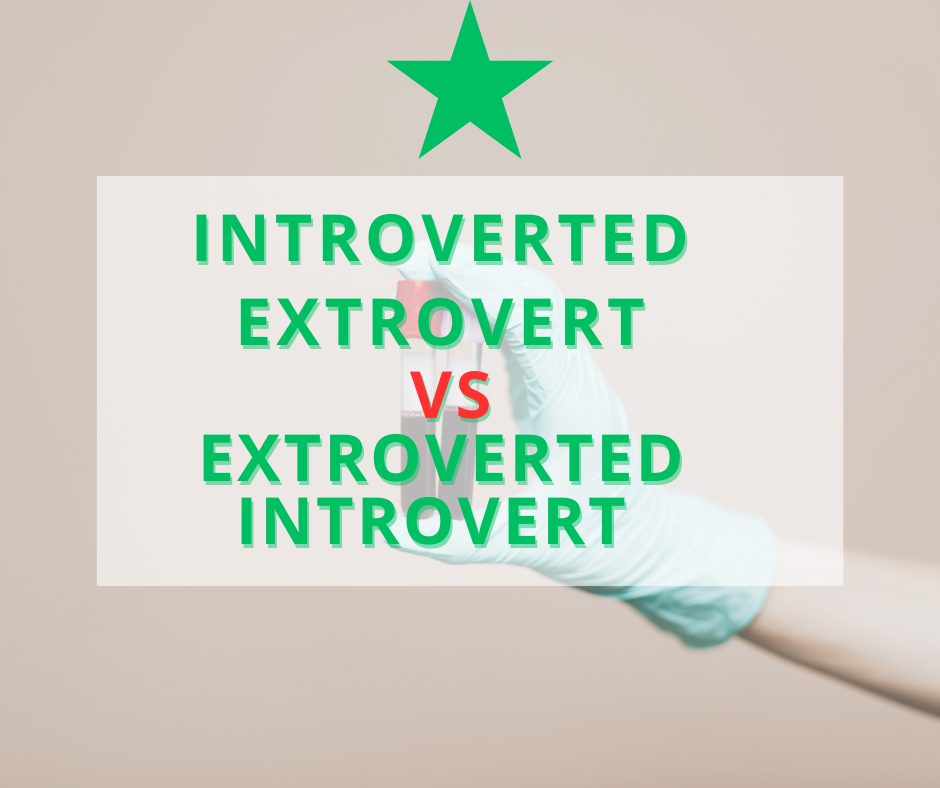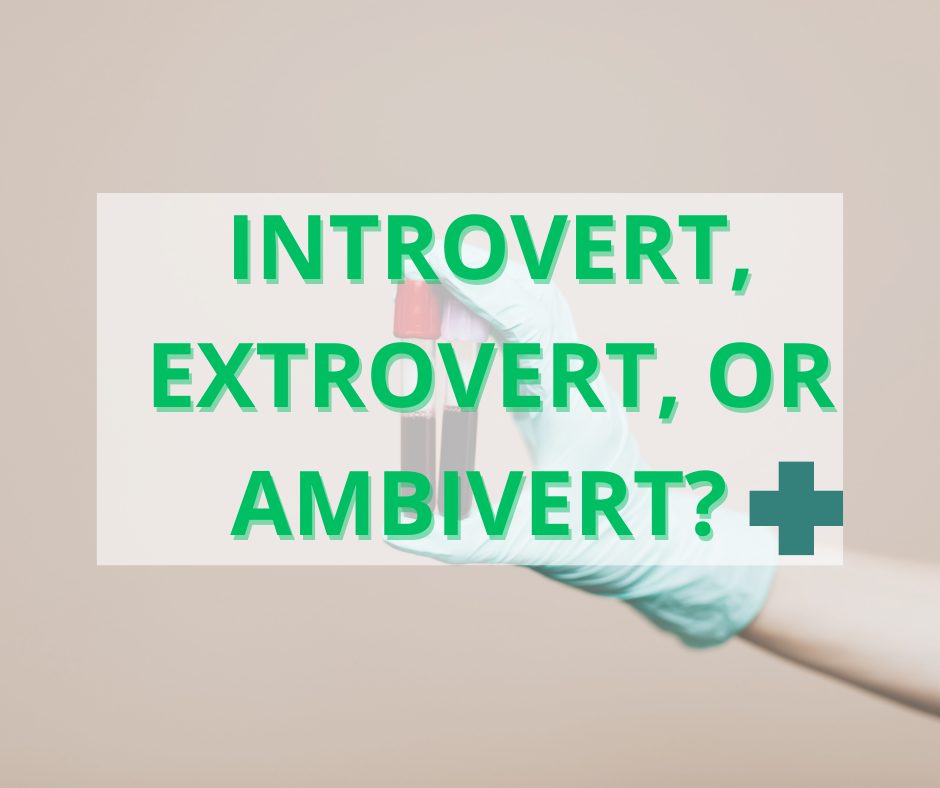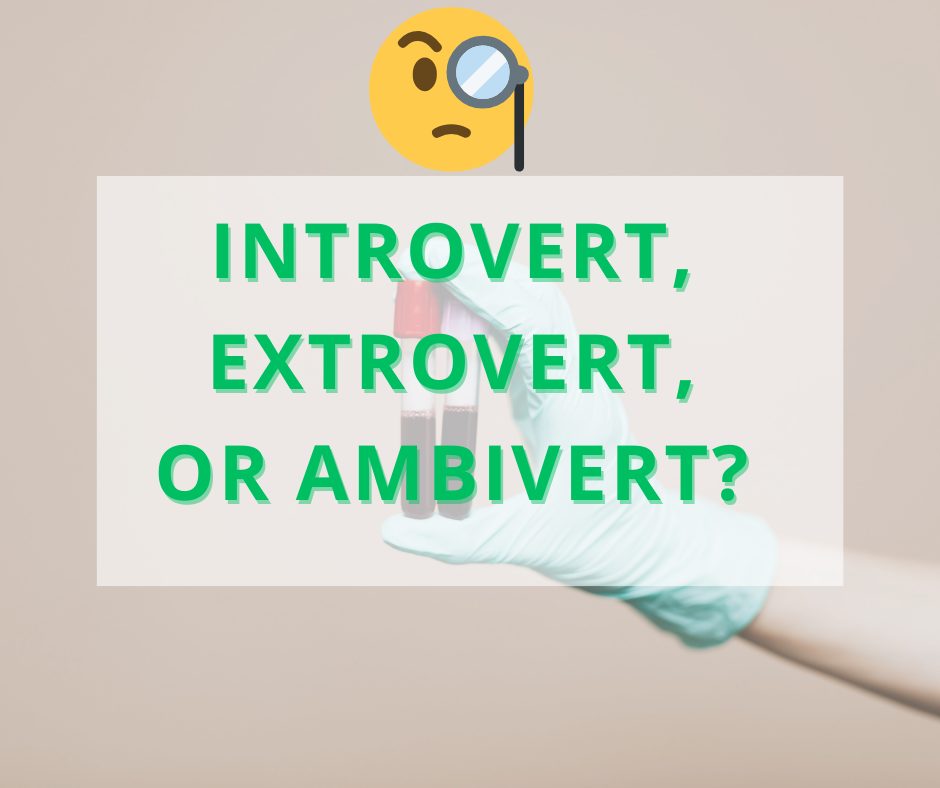Ever caught yourself being the life of the party one day, then craving complete solitude the next? You’re not experiencing a personality crisis – you might just be an introverted extrovert or an extroverted introvert. These terms might sound like contradictions, but they actually describe a fascinating middle ground in personality psychology that many people occupy.
Let’s dive into the nuances of these personality types, backed by recent psychological research and real-world examples, to help you understand where you might fit on this spectrum.
The Rise of Personality Spectrum Understanding
What You Will Learn
- 1 The Rise of Personality Spectrum Understanding
- 2 Introverted Extrovert: The Social Butterfly Who Needs Recovery Time
- 3 Extroverted Introvert: The Selective Social Participant
- 4 The Science Behind Social Energy Management
- 5 Professional Implications: Navigating Work Life
- 6 Social Media and Modern Communication
- 7 Relationships and Personal Life
- 8 Finding Your Balance
- 9 Embracing Your Unique Social Style
Gone are the days when we thought of personality as a simple either-or situation. Modern psychology recognizes that human personality exists on a spectrum, with most people falling somewhere between pure introversion and pure extroversion. This middle ground, often called ambiversion, includes both introverted extroverts and extroverted introverts.
The concept of personality flexibility has gained significant traction in recent years, as researchers discover that our social tendencies aren’t as fixed as once believed. Environmental factors, personal experiences, and even cultural background can influence how we express our personality traits.

Introverted Extrovert: The Social Butterfly Who Needs Recovery Time
Think of an introverted extrovert as someone who genuinely loves being around people but needs significant recovery time afterward. They’re the friend who throws amazing parties but might go off the grid for a few days after. These individuals primarily identify as extroverts but have developed introverted coping mechanisms to manage their energy levels.
Key Characteristics of Introverted Extroverts:
- Natural social skills but with clear emotional boundaries
- High social energy that eventually needs recharging
- Preference for meaningful group interactions over shallow networking
- Ability to be alone without feeling lonely
- Tendency to process experiences internally after social events
- Strong need for balance between social activity and solitude
- Often misunderstood by friends who don’t get their sudden need for space
Sarah, a marketing executive in New York, perfectly embodies this type. “I love giving presentations and leading team meetings,” she shares. “But by Friday evening, you’ll find me in my apartment with a book and noise-canceling headphones. It’s not that I don’t want to socialize – I just need to reset my social battery.”

Extroverted Introvert: The Selective Social Participant
On the flip side, extroverted introverts are fundamentally introverted people who can tap into social energy when necessary. They’re often mistaken for extroverts because they can be incredibly engaging and charismatic in specific situations, especially with people they’re comfortable around.
Defining Traits of Extroverted Introverts:
- Strong social skills in familiar settings
- Preference for deep, one-on-one conversations
- Ability to “turn on” social mode when required
- Need for substantial alone time to recharge
- Selective about social commitments
- Excellence in public speaking despite general introversion
- Strong observational skills and emotional intelligence
Take Marcus, a high school teacher, as an example. “In the classroom, I’m energetic and engaging,” he explains. “My students would never guess that I’m an introvert. But teaching drains me, and I need my evenings to myself to recharge for the next day.”

The Science Behind Social Energy Management
Recent neuroscience research has shed light on why these personality types exist. Studies show that introverts and extroverts have different levels of sensitivity to dopamine, the “reward” neurotransmitter. Extroverts typically need more external stimulation to feel rewarded, while introverts are more easily overwhelmed by it.
This explains why introverted extroverts might seek out social situations but need recovery time – their brains are processing social stimulation differently than pure extroverts. Similarly, extroverted introverts might have developed coping mechanisms to handle social situations despite their natural sensitivity to stimulation.

The Role of Brain Chemistry
Research conducted at several leading universities has revealed fascinating differences in how various personality types process social stimulation:
- Dopamine sensitivity varies significantly between introverts and extroverts
- The amygdala (emotional processing center) shows different activation patterns
- Neurotransmitter balance affects social energy management
- Recovery periods are physiologically necessary, not just psychological preferences
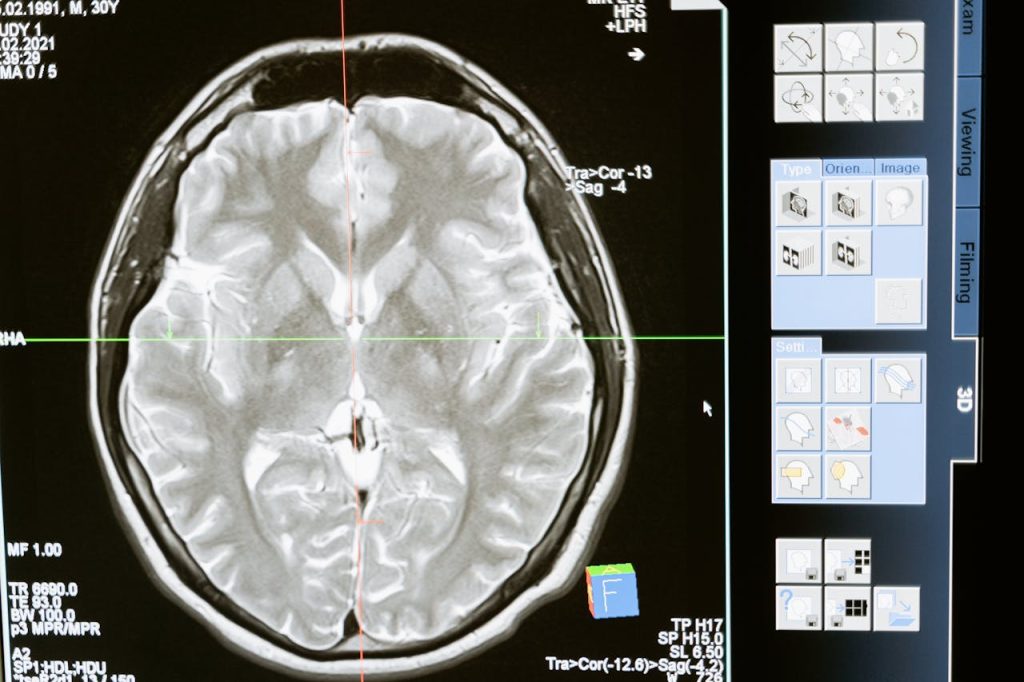
Understanding where you fall on this spectrum can significantly impact your career choices and work style. Here’s how different types typically function in professional settings:
Introverted Extroverts in the Workplace:
- Excel in collaborative environments with built-in breaks
- Make great team leaders who understand the need for personal space
- Thrive in roles that balance group work with independent tasks
- Often need quiet time after meetings or presentations
- Excel at networking but require recovery periods
- Bring enthusiasm to team projects while respecting boundaries
- Natural mediators between different personality types
Extroverted Introverts in the Workplace:
- Perform well in roles requiring periodic social interaction
- Excel at focused, independent work with occasional team collaboration
- Make effective leaders in smaller, more intimate team settings
- Need time to prepare for social professional situations
- Bring depth and insight to group discussions
- Prefer structured meetings over impromptu gatherings
- Excel at written communication and thoughtful analysis

Social Media and Modern Communication
The digital age has created interesting dynamics for both personality types. Social media can be a double-edged sword:
For introverted extroverts, it provides:
- A way to maintain social connections during recharge periods
- Control over social interaction levels
- Opportunities for meaningful engagement without physical drain
- A platform for expressing themselves while managing energy
- Tools for staying connected during downtime
For extroverted introverts, it offers:
- A comfortable platform for self-expression
- The ability to engage socially on their own terms
- Time to think before responding to social interactions
- A way to maintain relationships without constant in-person interaction
- Control over their social environment

Relationships and Personal Life
Understanding these personality nuances can dramatically improve your relationships. Here’s how to navigate personal connections based on your type:
Tips for Introverted Extroverts:
- Communicate your need for alone time to friends and family
- Schedule social activities with built-in exit strategies
- Balance group activities with one-on-one time
- Create clear boundaries for social availability
- Develop a support system that understands your needs
- Plan regular recharge periods after social events
- Be honest about your energy limits

Tips for Extroverted Introverts:
- Be upfront about your social preferences
- Choose intimate gatherings over large social events
- Set boundaries for social engagements
- Cultivate deep relationships with select individuals
- Create comfortable spaces for social interaction
- Maintain control over your social calendar
- Honor your need for solitude
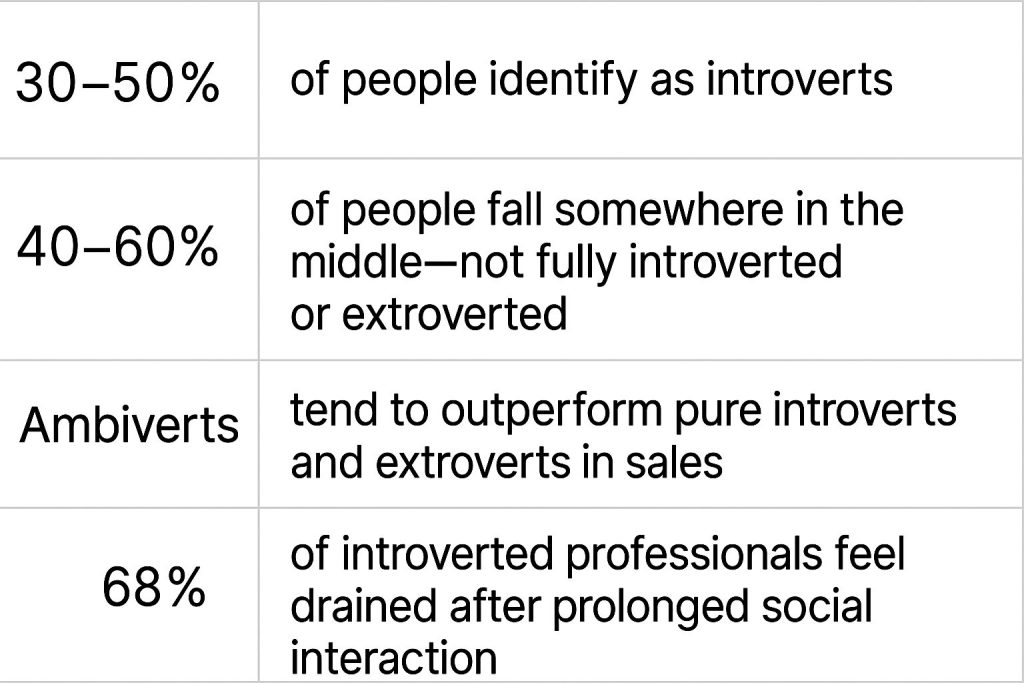
Finding Your Balance
The key to thriving as either type is understanding and accepting your natural tendencies while developing strategies to manage your energy effectively. Here are some practical steps:
- Track your energy levels after different types of social interactions
- Identify your personal recharge activities
- Create boundaries that protect your energy needs
- Communicate your needs clearly to others
- Design your schedule to accommodate both social time and solitude
- Practice self-compassion when you need to decline social invitations
- Develop strategies for managing unexpected social situations

Embracing Your Unique Social Style
Remember, there’s no “correct” personality type. The goal isn’t to change who you are but to understand and work with your natural tendencies. Whether you’re an introverted extrovert who needs regular recovery time or an extroverted introvert who can shine when necessary, your unique social style is valid and valuable.
The most important thing is to honor your needs while maintaining meaningful connections with others. By understanding where you fall on the personality spectrum, you can create a lifestyle that energizes rather than depletes you.
What’s your experience with these personality types? Do you recognize yourself in either description? Share your thoughts and experiences in the comments below – we’d love to hear your perspective on navigating the complex world of personality types.

